It has happened again, and again. Not one, but two mass shootings over the weekend have triggered a desperate national outcry for action to stop the carnage. With a Texas-sized massacre in El Paso followed by another in Ohio, Dayton-area mourners punctuated a vigil led by Gov. Mike DeWine with chants of “do something.” Indeed, something must be done, or possibly many things. Whatever the remedy, though, liberty must not be trampled along the pathway to security.
Suspected El Paso shooter Patrick Crusius, charged with killing 22 innocents and wounding two-dozen others shopping at a Walmart on Saturday, purportedly posted an online rant lamenting of the loss of American culture in the flood of illegal immigration plaguing southern border communities.
The 21-year-old’s attack was superseded early Sunday morning by gunfire from 24-year-old Connor Betts, who allegedly shot nine fatally — including his own sister — and injured 27 on a Dayton street before being dispatched himself by police. He left behind a burning question over how threatening behavior in high school metasticized into murder.
The din to “do something” has carried all the way to Washington. The double dose of disaster led a solemn President Trump to appear before the cameras Monday morning to condemn the carnage and announce steps his administration is taking to stem the violence. Among them are the fortifying of “red flag” laws that empower family members or law enforcement to seek a court-authorized removal of firearms from the possession of a person suspected of endangering himself or others.
The president called for a sharpened recognition of the role that mental illness plays in the mass shooting phenomenon. “Mental illness and hatred pull the trigger, not the gun,” he said. Unraveling the overlapping threads of mental illness and hatred is no easy task. By calling for the rapid ministration of the death penalty for mass shooters, Mr. Trump has turned up the pressure on the judicial system to distinguish evil from madness, as quickly as possible.
He also pointed out the destructive influence of social media and vowed to direct the Justice Department to partner with Web content firms to identify threatening individuals before they strike: “We must recognize that the Internet has provided a dangerous avenue to radicalize disturbed minds and perform demented acts.”
Video games that glorify murder and mayhem also made it onto Mr. Trump’s list of insidious poisons to the commonweal. It should surprise no one when young minds that grow accustomed to splashing blood behind a viewing screen lose a natural revulsion for real-world slaughter. “We must stop, or substantially reduce this, and it has to begin immediately,” said the president. “Cultural change is hard, but each of us can choose to build a culture that celebrates the inherent worth and dignity of every human life.”
More “red flag” laws, swifter executions, surveillance on social media, censoring of video games — all add up to doing “something” about mass murder. None of these strategies abridge Americans’ constitutional right to “life, liberty, and the pursuit of happiness” per se. Still, no groundswell of opinion that would trade liberty for security spread across the nation in earlier times when bloodshed was even more widespread.
There can be no position that excuses murder as permissible, but looking back at recent history can provide valuable perspective. The number of murders nationwide peaked in 1991 at 24,703, according to the FBI Uniform Crime Reporting Statistics, when the U.S. population was 260 million. The death toll fell to 14,249 when the population surpassed 318 million in 2014, the last year for which information is available.
Banning certain firearms is a common mantra heard following each incident of multiple shootings. On Monday, The New York Post opined, “Ban weapons of war,” and pictured a hi-tech assault rifle. Of the 8,312 murders committed with a firearm in 2014, only 258 were committed with a rifle.
Mr. Trump has smartly responded to the anguished cry from Americans sickened by a weekend of back-to-back shootings. While pursuing methods of stemming the violence, his administration must balance Americans’ need for security with respect for their liberty. Nations that expunge the right of individuals to own firearms, as Venezuela did in 2012, frequently lose their freedom from political oppression.
For their part, social media could lend a hand in a campaign to stop the violence by reminding their followers of a simple admonition: “Thou shalt not kill.”
© Copyright (c) 2019 News World Communications, Inc.
—-
This content is published through a licensing agreement with Acquire Media using its NewsEdge technology.



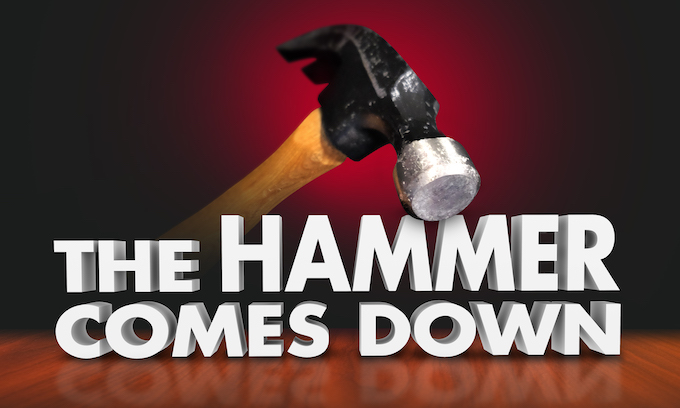
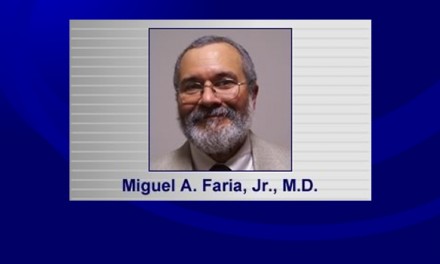

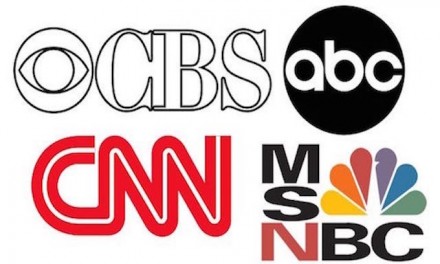
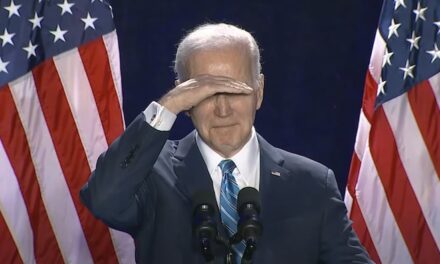








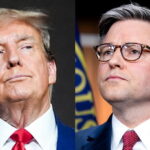
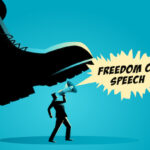

Recent Comments